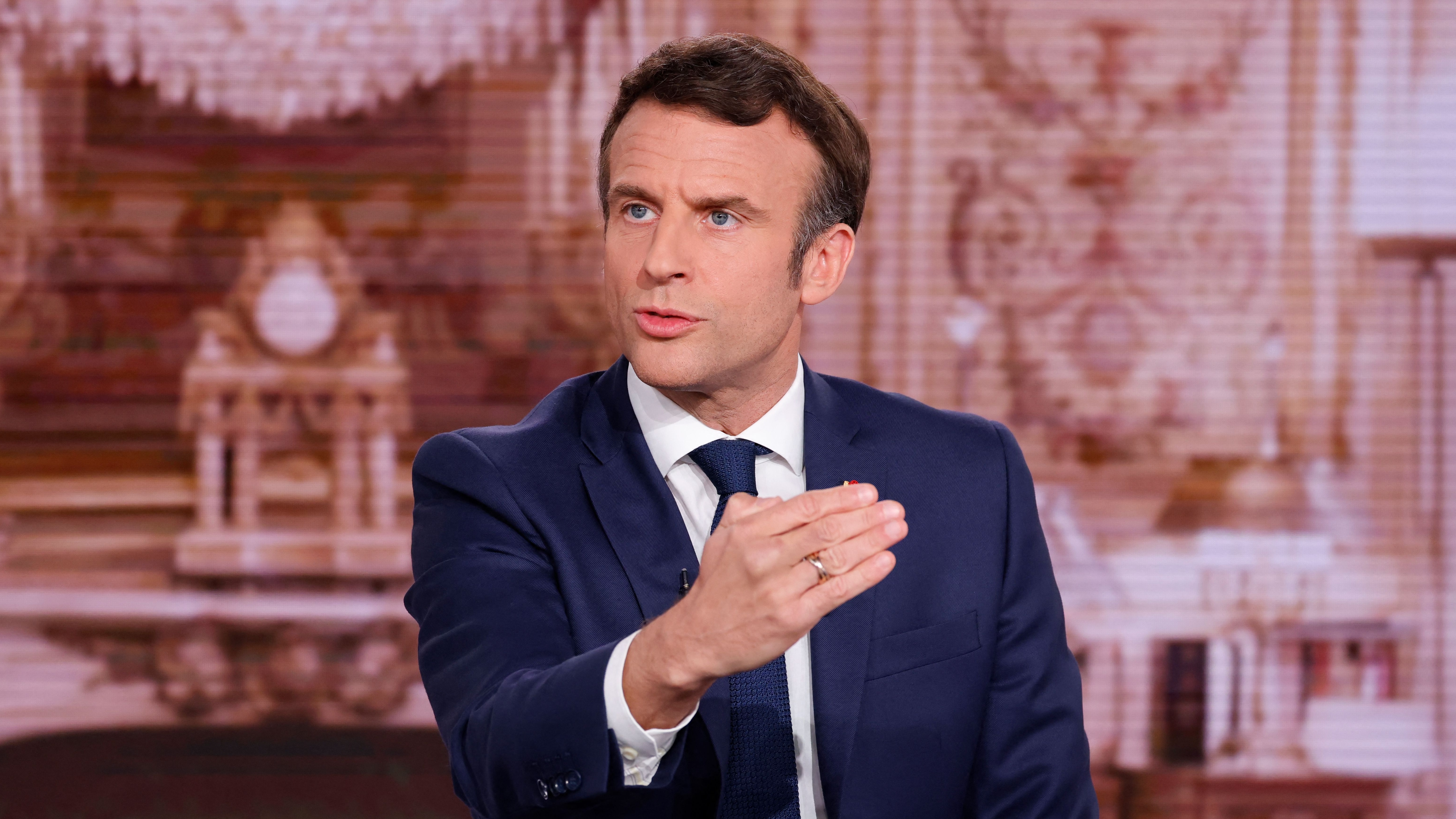
- Select a language for the TTS:
- UK English Female
- UK English Male
- US English Female
- US English Male
- Australian Female
- Australian Male
- Language selected: (auto detect) - EN
Play all audios:
This week I invite readers to consider the plot of Henrik Ibsen ’ s play, _An Enemy of the People_, which I once saw with Sir Ian McKellen in the leading role as Dr Thomas Stockmann. The
theme of the play, the exposure of government corruption leading to dire consequences for the whistleblower, accompanied by furious official attempts at a cover-up, went on to become a trope
for numerous later dramatic epigoni. For example Ibsen ’ s spectre of the bacterial infection in the town spa, was variously recycled as the presence of a great white shark (as in the Peter
Benchley novel and then film “Jaws”) a hostile giant squid or a shoal of man eating Piranha. All of which perils, if exposed, might jeopardise a community ’ s financial prospects. Readers
may be astonished to know that, even now, in certain repressive regimes , this controversial and inflammatory message which underpins the narrative has caused performances of the play to
remain banned. So intense is the fear of some authoritarian governments, that merely seeing Ibsen ’ s action and listening to his words might inspire an anti-government insurrection. The
aforementioned Dr Stockmann is the medical officer of a recently opened spa in a small Norwegian town. He plans to publish an article in the local newspaper, exposing bacterial infection in
the spa waters, the main source of the town ’ s prosperity . The doctor is encouraged in this course by the town newspaper (Ibsen’s equivalent of our social media), whose owners are
desperate to discredit the local government administration. Nevertheless, all parties (apart from the crusading doctor) gradually come to realise that Stockmann ’ s expos é , if published,
spells bankruptcy for the community. When he persists, his house is wrecked by the mob and both he and his wife are disinherited and ostracised. Ibsen ’ s play is not just a polemic or
tirade. There are subtle shades in his depiction of Stockmann, who rejects what might be deemed a sensible compromise course by trying to solve the problems of pollution privately, without
screaming scandal to the outside world. In that sense _An Enemy of the People_ is very much a play _ pour nos jours _ _ , _ in that it encapsulates the type of polarisation which has arisen
over vaccination during the current pandemic. At a general town meeting the audience rebels, repeatedly shouting, “He is an enemy of the people!” Dr Stockmann replies that he intends to
stay and make them understand “that considerations of expediency turn morality and justice upside down”. He ends by proclaiming himself the strongest man in town, because he is able to stand
alone. Ibsen undoubtedly recognised elements of himself in Dr Stockmann, and vice versa, _ a fortiori _ _ _ after_ _the production of Ibsen ’ s previous play, _Ghosts_, which focuses on
the social consequences of venereal disease in a pre-antibiotic medical system. Ibsen saw himself as taking a conscious stand against certain evils, state sponsored hypocrisy and bureaucracy
being amongst them. For such an apostle of truth to attract public censure is at least comprehensible, much as the “woking” class now strains every nerve to cancel or silence opposing
voices. But what if one could be declared an enemy of the people, at random, with no apparent _ casus _ _ _ _ belli? _ _ _ I_ _have just finished reading the fascinating new publication
from Elk and Ruby: _Petr Izmailov, From Chess Champion of Russia to Enemy of the People,_ written by Petr ’ s son, Nikolai, with game notes by Grandmaster Mikhail Marin. Izmailov was one of
the strongest post-revolutionary chess masters, chess champion of the Russian Republic in 1928 and twice vanquisher of the young Botvinnik, destined to be the first Soviet world champion.
Professionally Izmailov was a geologist, not a political activist at all. Nevertheless, in 1936 he was arrested during a Stalin purge and executed by firing squad in 1937, with no
apparent justification. Had the outraged mob lynched Dr Stockmann, it would have been reprehensible, but still comprehensible. In Izmailov ’ s case there was no discernible reason whatsoever
for his liquidation. Even the trumped-up charges were a farrago of unintelligible nonsense, including “ being a member of a counter-revolutionary Trotskyist-fascist terrorist organisation.
” As Stalin well knew, no such organisation existed. As this book shows, the purges annihilated a swathe of the best chess players from Omsk, Tomsk and Novosibirsk, not to mention hecatombs
of others across the entire USSR, with no consistent rhyme or reason. As a matter of course, the identities and memory of such victims were erased from the annals and archives, with decades
to pass before they were rehabilitated and their names reinstated. For most of them, that was twenty years too late, although some satisfaction might be derived from the fact that most of
the executioners went on themselves to share the same fate, devoured by the selfsame heartless machine whose wheels they had oiled and whose murderous powers they had once wielded. What,
one wonders, would the future of chess have been like, had the arbitrary Stalinist axe fallen on Romanovsky, Levenfish or even the young Botvinnik? Perhaps Botvinnik’s notorious telegram
of adulation to Stalin, on sharing first prize with Capablanca at the great Nottingham tournament of 1936, was instrumental in securing the coming champion ’ s safety. And herein lies a
paradox. The USSR clearly identified Botvinnik early on as an embryonic world champion : he was permitted to travel and even awarded a state sponsored car. Yet how can the Soviet state ’ s
ambition to dominate world chess be reconciled with its zeal in the mass slaughter of so many promising chess talents? As I have pointed out so many times in my columns for _TheArticle_,
the deliberate obliteration of memory and the perversion of the true meanings of words both represent clear and present dangers to the freedoms of liberal western society and the Judaeo-
Christian values on which it is founded. In a month when J.K. Rowling herself has been excluded from the celebrations of her own work, and when the Colston Four were acquitted of criminal
damage, after the judge directed the jury to respect the advice of a super woke academic, the woking class should be careful what they wish for. Such ardour by radical ideologues to
denounce, cancel and destroy their enemies in the name of “the people” often leads to the ultimate immolation of their own. This week ’ s game sees Izmailov comprehensively outplaying the
youthful Botvinnik, himself the future Red Czar of Soviet chess: play through it here . A MESSAGE FROM THEARTICLE _We are the only publication that’s committed to covering every angle. We
have an important contribution to make, one that’s needed now more than ever, and we need your help to continue publishing throughout the pandemic. So please, make a donation._





:max_bytes(150000):strip_icc():focal(579x449:581x451)/nancy-redd-bedtime-bonnet-5-86a5e56f5a844c588683afb207d77f42.jpg)



